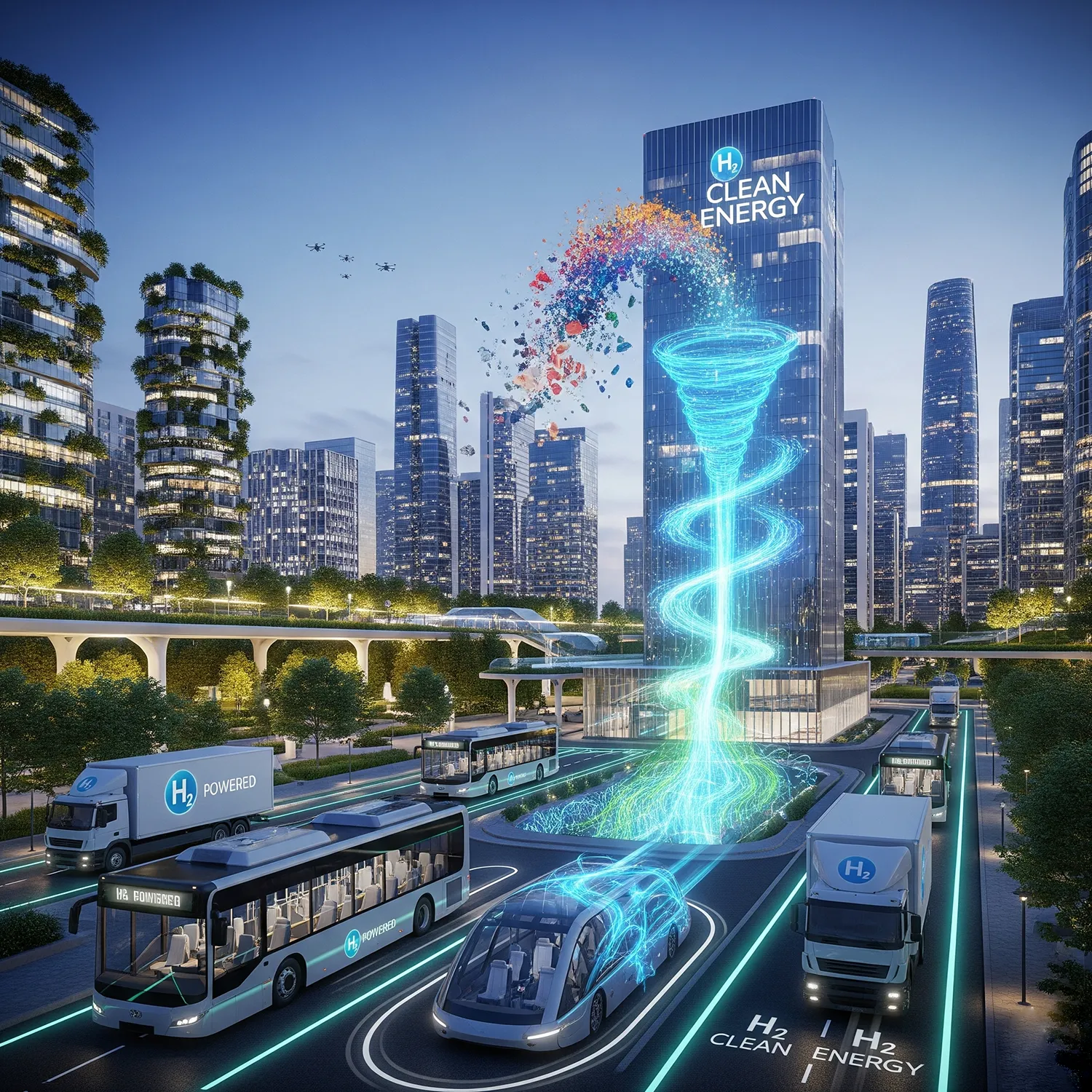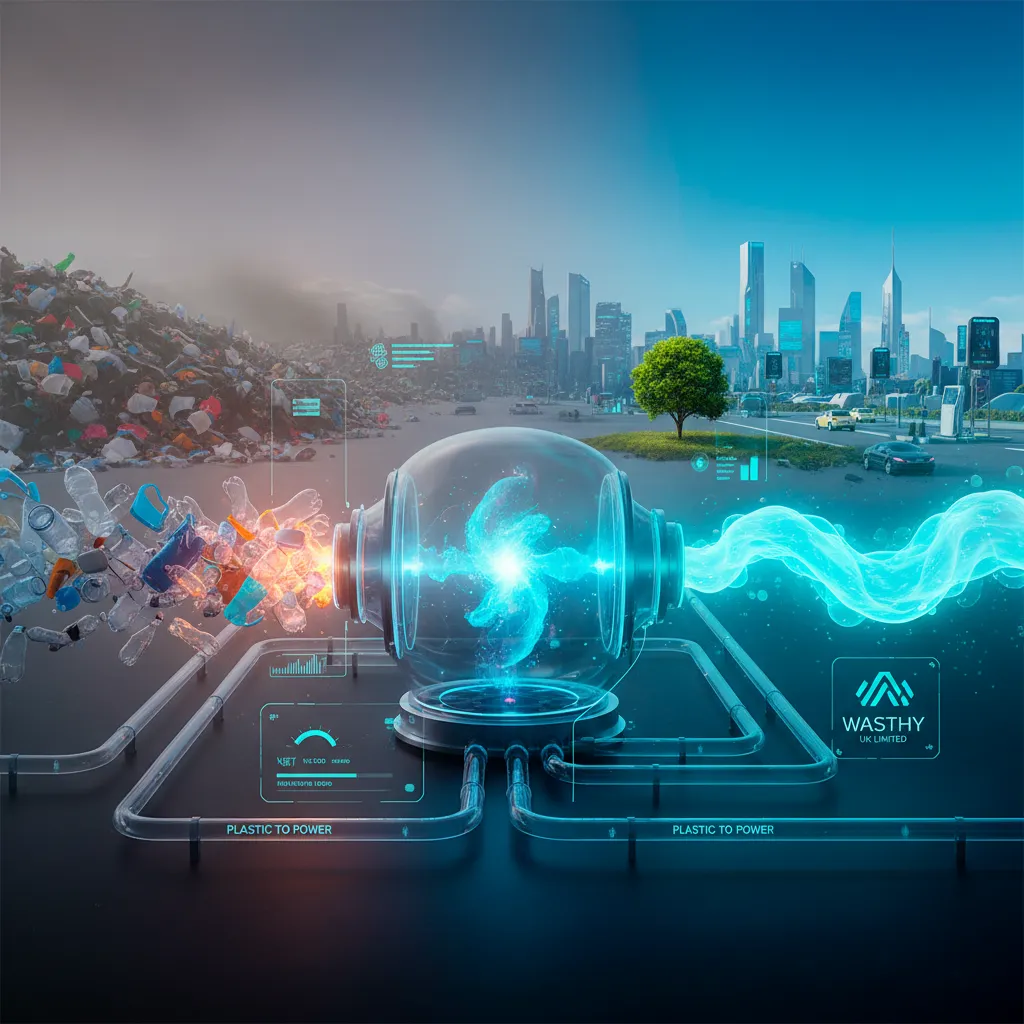For a city, energy independence is not a slogan: it means budget resilience, cleaner air, and local jobs. We propose a municipal H₂ strategy based on waste (Waste-to-Hydrogen, WtH) that reduces landfill dependence while fueling heavy fleets and port operations with low-carbon molecules produced “at home.”
Key Municipal Strategy Points
First, diagnosis: the IEA confirms that hydrogen deployment is progressing but must accelerate, with storage and logistics infrastructure projected to rival that of natural gas by 2050. For a city, this means planning local hubs linked to “anchor” users (buses, waste trucks, ports, airports) and stable supply contracts.
Second, feedstock: the non-recyclable fraction of municipal solid waste can be converted into H₂ through two-stage processes (gasification/reforming), easing pressure on landfills and generating revenue from waste management. Technical evidence suggests viability with the right gas-cleaning train and thermal integration design.
Third, governance & financing: regional hydrogen hubs show that public-private partnerships are levers for initial infrastructure; the U.S. already uses them to catalyze full production-to-use chains, and Europe is pushing urban demonstrators (H2CITIES) for transport and municipal services. Cities should not go it alone—they must anchor themselves in consortia and climate funds.
Fourth, use cases: ports and logistics zones are obvious candidates. Houston has just funded a large hydrogen refueling station for port trucks, with Linde as operator, aligning policy, industry, and academia. These projects “pull” demand and provide learning curves useful for any municipality.
Fifth, lessons learned: progress is not always linear. Experiences like Aberdeen’s hydrogen buses highlight the need to secure continuous supply and redundant refueling. In our roadmap, we recommend green PPA/biomethane contracts for energy flexibility, temporary H₂ storage, and above all, maintenance agreements with clear SLAs.
Collaboration and Future Vision
Where does the WEF fit in? The WEF reminds us of the role of cities as climate solution labs and the need for multi-stakeholder innovation. For us, this means integrating waste management, mobility, and energy under one project office—not in silos—with transparent costs per ton treated and per kg of H₂ delivered.
And suppliers? The vision of Air Liquide and Linde—“bankable” supply contracts, CO₂ capture, and applications in mobility and chemicals—aligns with our municipal approach if we prioritize reliability and fleet TCO. This complements integrators like Plug Power, which are expanding production and refueling networks, provided projects ensure financial viability and operational continuity.
At Wasthy, we propose starting with a “minimum viable urban H₂”: a modular “WtH” plant producing 3–10 t/day, contracts with municipal and logistics fleets, and a hub-and-spoke refueling system. From there, scale up with real data on plant factor, LCOH, and emissions reduction. A city’s energy independence starts with its trash bin—and is consolidated with clean, local molecules.


